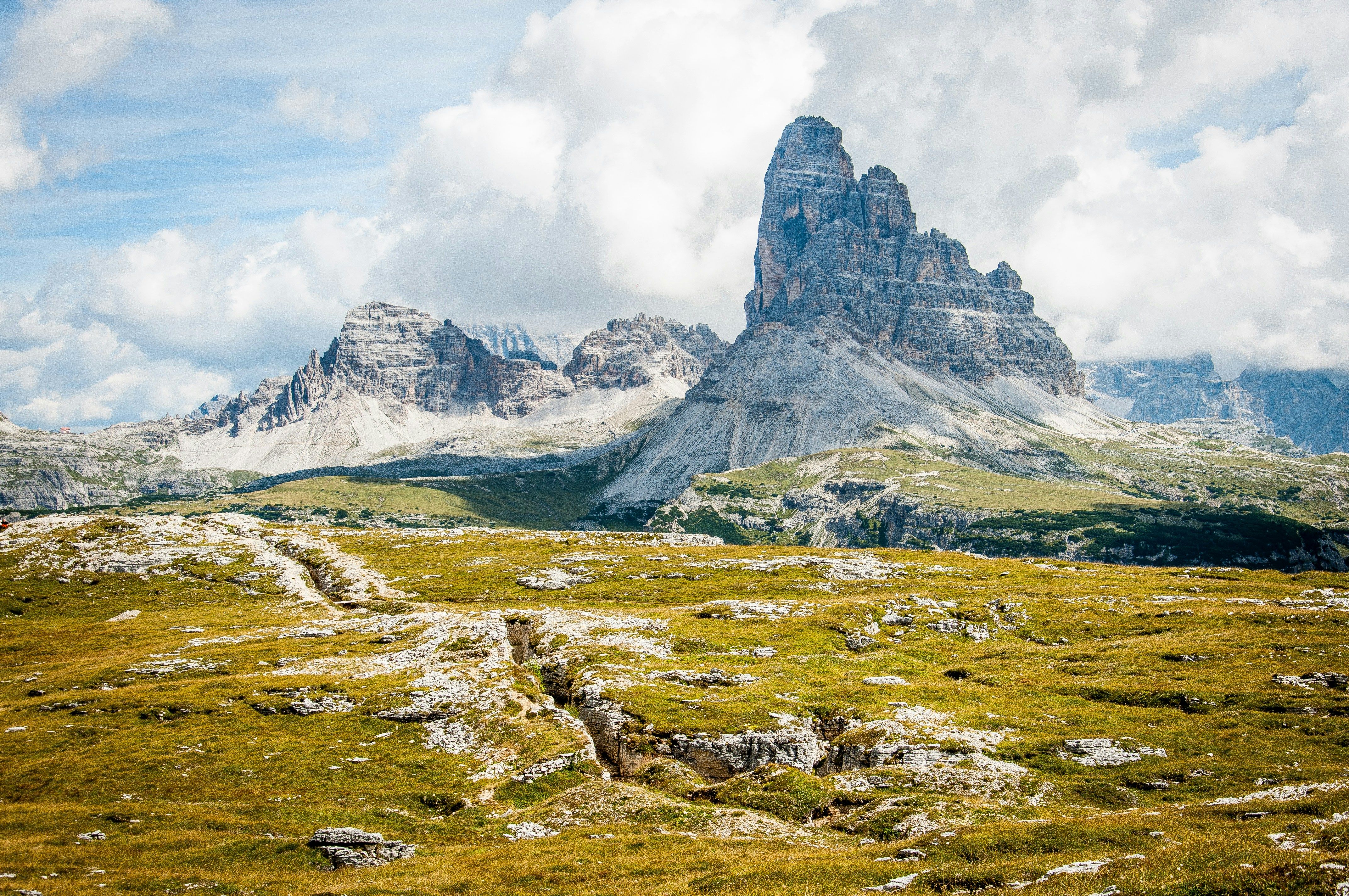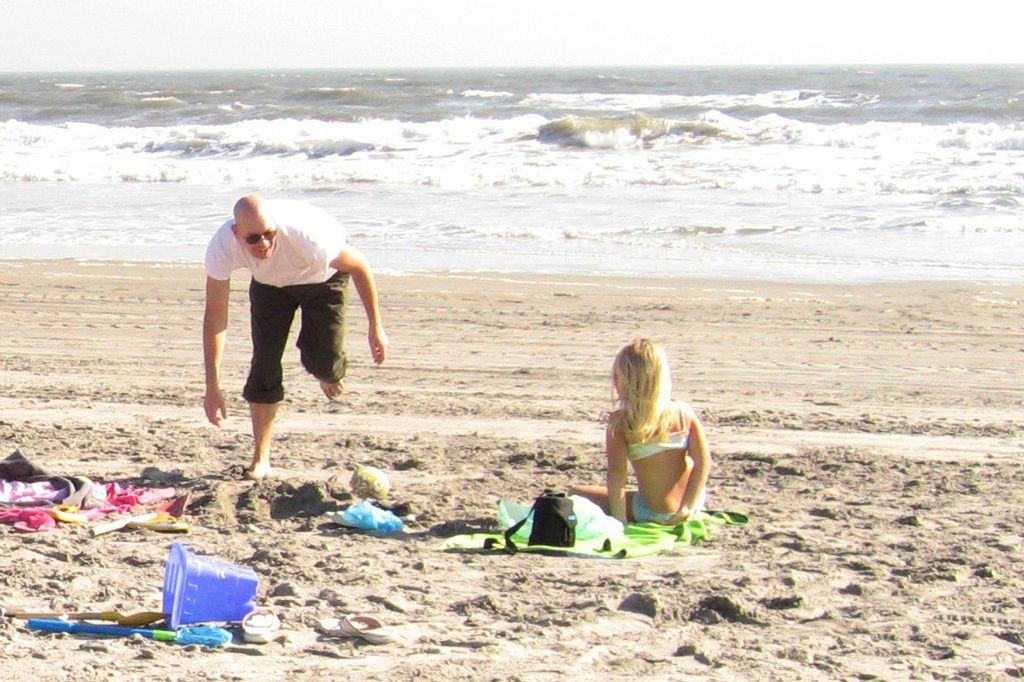Money backers remain tight-lipped about triumphs.
Venturing Anew: Russia's Rebooted Startup Scene
The Russian venture capital landscape is witnessing a SEISMIC shift, largely due to new investors and innovative financing options flooding the market. Here's a closer look at the key players, trends, and challenges shaping this exciting evolution.
Venture Capital 2.0
Private investors are steering the venture capital market via platforms like security tokens, syndicates, and crowdfunding. Six novel funds and investment platforms, such as T-venture, VIK, and "Consol", have joined the Russian landscape since January 2022.[1] Notably, the first venture security token offering (STO) occurred on the "Atomaiz" platform, organized by Rosbank and the "Vozrozhdenie" Fund.[1]
The Retail Surge
Private investors are now accounting for almost half of the venture investment volume and the number of deals, with individuals pouring over $1.9 million into early-stage startups.[1] These figures could be much higher, considering the active involvement of private investors in open data, deals that often remain undisclosed.[1][2]
Too Hot to Handle?
Despite promising growth in the market, analysts like Elena Volotovskaya predict that it will take until 2024 to accurately gauge the market volumes due to the lengthy negotiation process and delayed deal closures.[1] By year's end, experts forecast a 30% increase in the number of deals to 220, and a rise in the number of initial public offerings (IPOs) of technology companies from 6 to 10.[1]
The Road to Recovery
The market commenced a slow recovery after the 2022 decline, known as the "venture winter." While a return to pre-crisis levels isn't expected, some analysts like Dmitry Kurin predict a recovery to 2019's $861 million and 243 deals by 2027.[1]
Evolution of the Venture Model
The traditional venture capital model is shifting from rapid growth and IPOs to dividend-based models that provide quicker returns—similar to debt financing with equity stakes.[1] This trend is considered positive, as it encourages more physical, private investors, business angels, and wealthy individuals to diversify their portfolios.[1]
Investment Challenges
- Operational Headwinds: Rising wage costs, increased taxes, and government intervention create operational difficulties for startups.[1][2]
- Economic Projections: Fixed investment growth is forecast to slow to 0-2% in 2025, while the consensus predicts 2.7% growth.[1]
- Sector Focus: The 2025 Russian Venture Forum highlights late-stage tech development and institutional support mechanisms as top priorities.[3]
A Breath of Fresh Capital
Analysts and strategists believe that more investors, particularly institutions, are needed to propel the venture market forward.[1] Encouraging measures include allowing non-state pension funds to invest 1-5% of pension savings in venture funds, launching new development institutions like the Fund for Infrastructure and Educational Programs, and reducing or eliminating taxes on IT startup share sales.[1] As the refinancing rate stabilizes and investor risk appetite recovers, the market's growth may accelerate.[1]
Join our exclusive Telegram channel @expert_mag for more insights on the Russian startup ecosystem!
#VentureCapitalShift#RussianTechStartups#InvestmentRenewal#StartupRevival
- Kolesnichenko and other analysts predict that it will take until 2024 to accurately gauge the market volumes in Russia's rebooted venture capital landscape due to the lengthy negotiation process and delayed deal closures.
- The Russian venture market is witnessing a significant transformation with the emergence of novel funds and investment platforms, such as T-venture, VIK, and Consol, which joined the landscape since January 2022.
- The number of deals and the venture investment volume are being largely influenced by private investors, who are pouring over $1.9 million into early-stage startups, and their active involvement in open data, deals that often remain undisclosed.
- The 2025 Russian Venture Forum requires more investors, particularly institutions, to propel the venture market forward, and they suggest various measures to encourage institutional investment, such as allowing non-state pension funds to invest a portion of pension savings in venture funds and launching new development institutions like the Fund for Infrastructure and Educational Programs.




